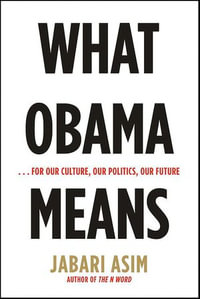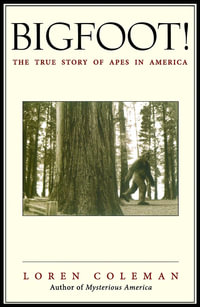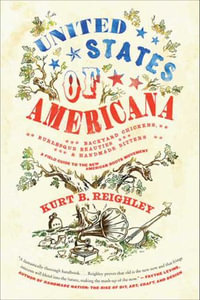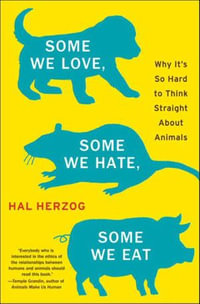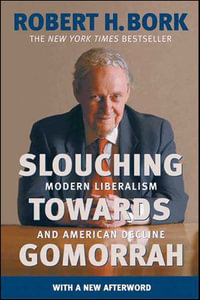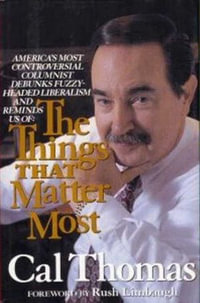Much of what humans know we cannot say. And much of what we do we cannot describe. For example, how do we know how to ride a bike when we can't explain how we do it? Abilities like this were called "tacit knowledge" by physical chemist and philosopher Michael Polanyi, but here Harry Collins analyzes the term, and the behavior, in much greater detail, often departing from Polanyi's treatment. In Tacit and Explicit Knowledge, Collins develops a common conceptual language to bridge the concept's disparate domains by explaining explicit knowledge and classifying tacit knowledge. Collins then teases apart the three very different meanings, which, until now, all fell under the umbrella of Polanyi's term: relational tacit knowledge (things we could describe in principle if someone put effort into describing them), somatic tacit knowledge (things our bodies can do but we cannot describe how, like balancing on a bike), and collective tacit knowledge (knowledge we draw that is the property of society, such as the rules for language). Thus, bicycle riding consists of some somatic tacit knowledge and some collective tacit knowledge, such as the knowledge that allows us to navigate in traffic. The intermixing of the three kinds of tacit knowledge has led to confusion in the past; Collins's book will at last unravel the complexities of the idea. Tacit knowledge drives everything from language, science, education, and management to sport, bicycle riding, art, and our interaction with technology. In Collins's able hands, it also functions at last as a framework for understanding human behavior in a range of disciplines.




